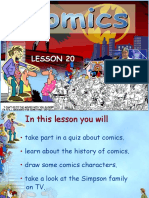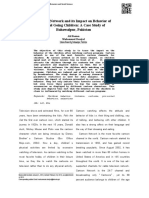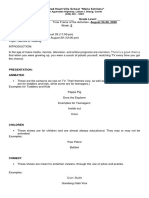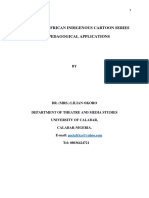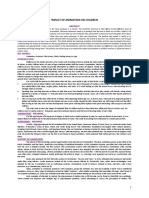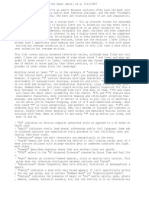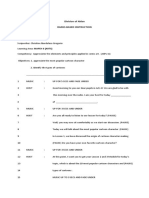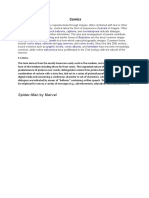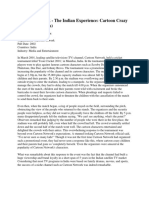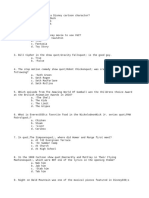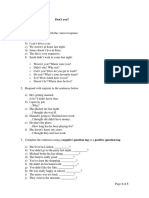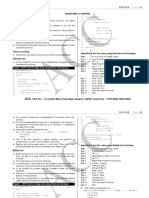0% found this document useful (0 votes)
13 views11 pagesCartoons
The document discusses various aspects of cartoons, including personal preferences, cultural influences, and the evolution of animation technology. It poses questions about the impact of cartoons on society, their educational value, and the differences between cartoons and comic books. Additionally, it introduces new vocabulary related to cartoons and idioms that describe cartoon-related concepts.
Uploaded by
SəbinəCopyright
© © All Rights Reserved
We take content rights seriously. If you suspect this is your content, claim it here.
Available Formats
Download as PPTX, PDF, TXT or read online on Scribd
0% found this document useful (0 votes)
13 views11 pagesCartoons
The document discusses various aspects of cartoons, including personal preferences, cultural influences, and the evolution of animation technology. It poses questions about the impact of cartoons on society, their educational value, and the differences between cartoons and comic books. Additionally, it introduces new vocabulary related to cartoons and idioms that describe cartoon-related concepts.
Uploaded by
SəbinəCopyright
© © All Rights Reserved
We take content rights seriously. If you suspect this is your content, claim it here.
Available Formats
Download as PPTX, PDF, TXT or read online on Scribd
/ 11











